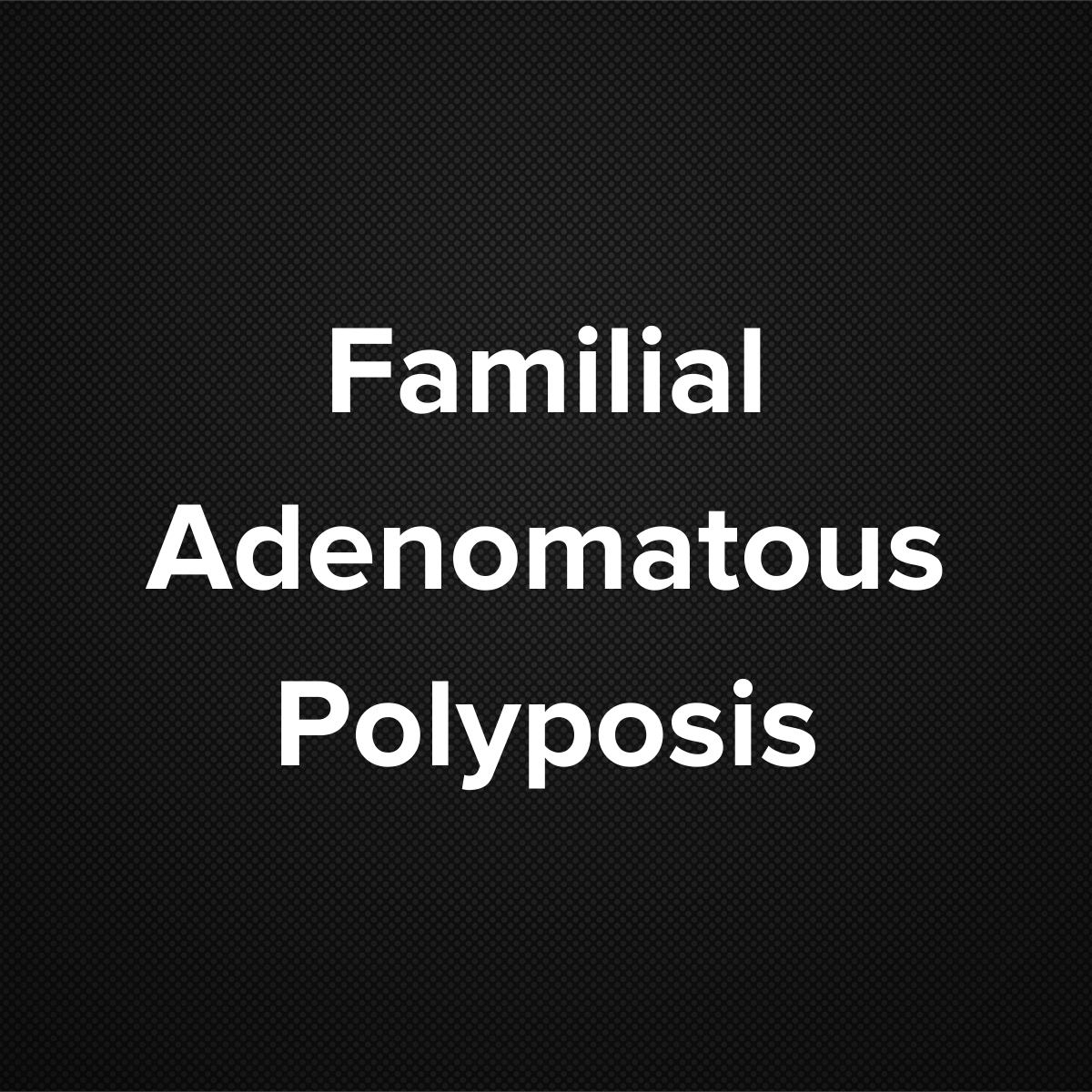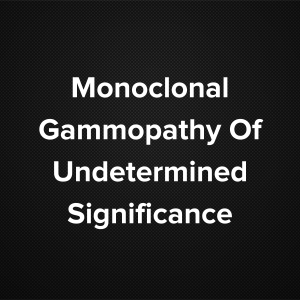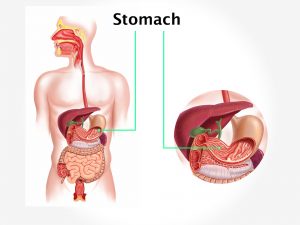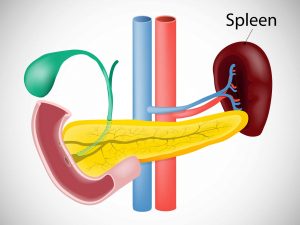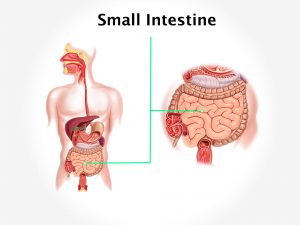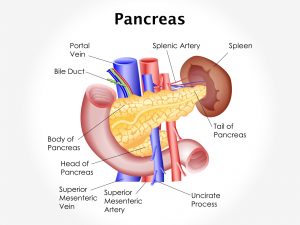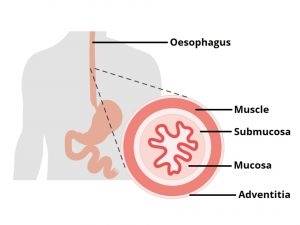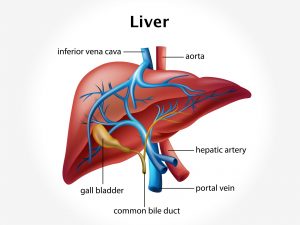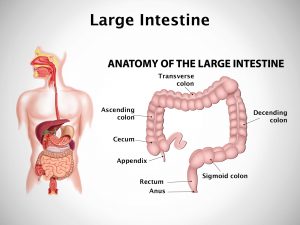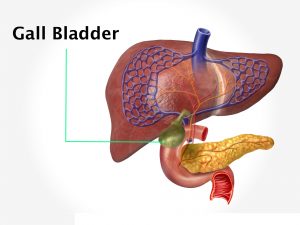Causes and risk factors
Familial adenomatous polyposis is caused due to mutation in the gene adenomatous polyposis coli [APC]. The condition is inherited from either parent as an autosomal dominant pattern. Familial adenomatous polyposis has following three subtypes – attenuated FAP [AFAP], Gardner syndrome, MYH-associated polyposis [MAP]
Clinical presentation
Familial adenomatous polyposis can develop gradually giving no signs and symptoms until it has advanced to colorectal cancer. Signs and symptoms include bleeding from rectum, abdominal pain, change in bowel habits. Anemia and unexplained weight loss can also be observed.
Investigation
Medical history by the patient and clinical examination by the doctor helps in diagnosis. Colonoscopy is required. Genetic testing may be recommended. Barium study, USG, CT scan and relevant family history helps in diagnosis.
Treatment
Surgical removal of the colon is the only effective treatment for familial adenomatous polyposis. Periodic surveillance and monitoring is required to detect cancer at risk or metastasis.
